September 1, 2025 | 14:05 GMT +7
September 1, 2025 | 14:05 GMT +7
Hotline: 0913.378.918
September 1, 2025 | 14:05 GMT +7
Hotline: 0913.378.918

The model for collecting used pesticide packaging in Phuong Nam Ward (Uong Bi City, Quang Ninh). Photo: Thanh Phuong.
In Phuong Nam Ward (Uong Bi City, Quang Ninh), it is easy to find pesticide packaging collection tanks placed along the internal roads in agricultural areas. These tanks are made of sturdy concrete, designed to resist corrosion and leakage and are painted in a bright, attention-grabbing green color, making them visually appealing and easy to spot.
Phuong Nam is one of the major agricultural areas in Uong Bi City, with early-ripening lychee being the region's main product. With the aim of minimizing the environmental impact of used pesticide packaging and protecting the health of local residents, the local government has implemented the collection tank model. This initiative not only helps to effectively gather used pesticide packaging but also plays a crucial role in raising public awareness about environmental protection.
According to Mr. Bui Van Tra, the Chairman of the Farmers' Association of Phuong Nam Ward, Phuong Nam was the first area in Uong Bi City to introduce the pesticide packaging collection model in the years 2018-2019. So far, the ward has successfully set up 144 collection tanks at convenient locations such as along the edges of rice fields and internal rural roads.
According to Mr. Tra, before the pesticide packaging collection tank model was introduced, local farmers commonly discarded pesticide containers, bottles and packaging materials all over the fields, along roads and even near water sources and irrigation canals. The widespread littering of pesticide packaging not only polluted the land but also contributed to the contamination of water supplies, which could lead to serious health problems for the community.
Since the implementation of the collection tank model, local organizations and community groups have actively organized numerous awareness-raising campaigns and training sessions aimed at educating the public about environmental protection, with a strong focus on proper disposal of used pesticide packaging. Through these initiatives, people have gradually adopted new habits and started consistently disposing of their empty pesticide containers in the designated collection tanks.
On a regular basis, specialized units come to collect, transport and process the used packaging according to regulations, ensuring safety and environmental hygiene. This organized approach ensures that the disposal of used pesticide packaging is done systematically and effectively, contributing to a cleaner environment and better public health outcomes.
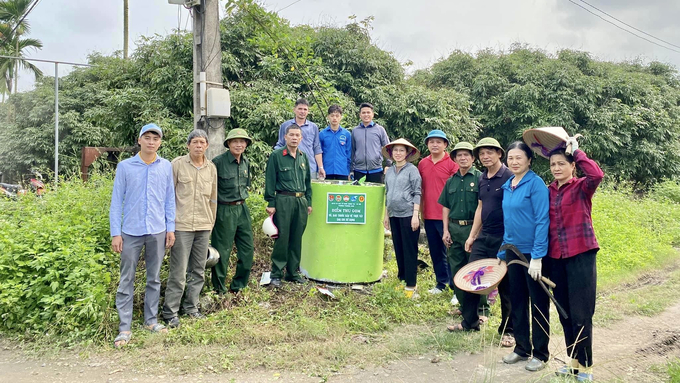
Local residents, in collaboration with community organizations, have repainted the collection tanks and added signs to them. Photo: Thanh Phuong.
After nearly five years of implementation, the pesticide packaging collection tanks have made a profound impact on the awareness of local farmers. Recently, local residents have worked alongside local authorities to repaint the tanks and affix signs to them, ensuring that they not only serve their practical purpose but also contribute to the aesthetic appeal of the residential area, maintaining the visual harmony of the urban landscape.
Mrs. Nguyen Huy Hai, a resident of the Hiep Thanh area in Phuong Nam Ward, shared her satisfaction with the program: "After using pesticides on my crops, I always make sure to dispose of the empty packaging in the collection tanks. Since the introduction of this model, we farmers have received a lot of guidance and education about environmental protection".
Up to now, Uong Bi City has made significant efforts to upgrade, repair and construct new pesticide packaging collection tanks and storage facilities in areas with large-scale agricultural production throughout the city. According to recent statistics, approximately 277 collection tanks have been installed across various districts and wards. These tanks are primarily concentrated in areas with major agricultural activities, such as Yen Thanh, Thuong Yen Cong, Trung Vuong and Phuong Nam.
In parallel with these infrastructure improvements, Uong Bi City has also placed a strong emphasis on raising public awareness about the responsible use of pesticides. Local authorities have been actively promoting proper pesticide usage, urging farmers to strictly follow recommended dosages, concentrations and the mandatory waiting periods between pesticide application and harvest, along with collecting and disposing of pesticide containers in accordance with procedures.
Translated by Phuong Linh
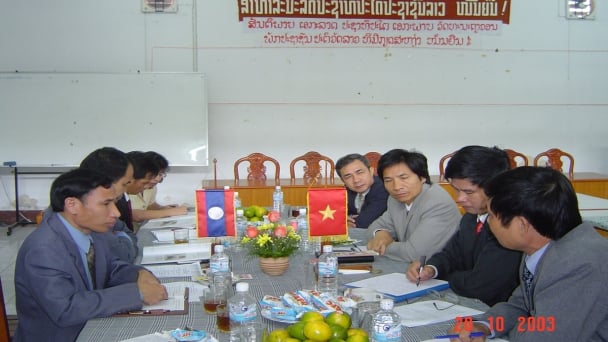
(VAN) Over 80 years of development, Vietnam’s geological sector has achieved numerous milestones, with international cooperation standing out as a driving force that has helped the industry secure its position regionally and globally.

(VAN) Vinod Ahuja, FAO Representative in Viet Nam, affirms that Vietnam's success lies not only in its abundant national reserves but also in increasingly diversified value chains and enhanced competitiveness.
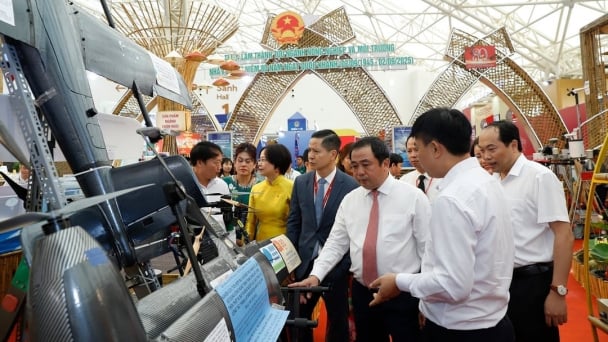
(VAN) Vietnamese engineers have mastered technology, successfully manufacturing an automatic system for environmental agricultural monitoring and measurement, aiming at the dream of 'robotization'.
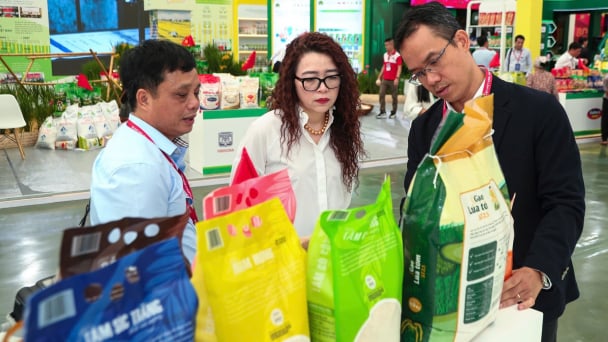
(VAN) Over the past 80 years, the food sector has walked alongside the nation, from shared jars of rice during the resistance to ships carrying Vietnamese rice brands across the five continents.
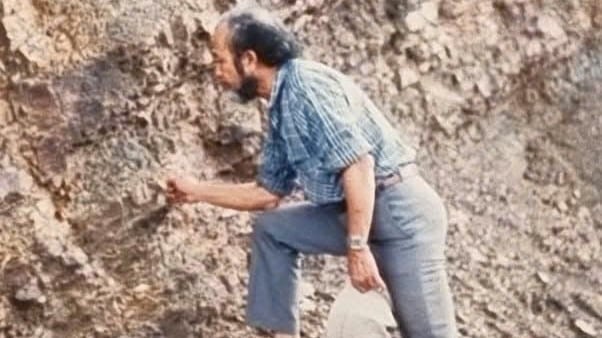
(VAN) Vietnam’s geology sector has marked its presence through achievements in mineral surveying and exploration, affirming the country’s resource potential and contributing to sustainable development.

(VAN) The Viet Nam Institute of Meteorology, Hydrology and Climate Change Director shares insights on 80 years of the sector’s achievements, its role in disaster forecasting, and messages for the younger generation.
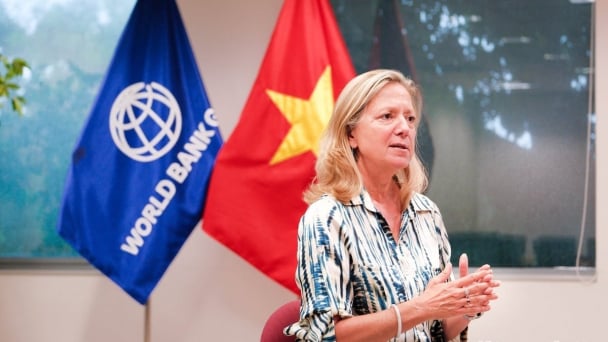
(VAN) VAN News cordially introduces the message from Mariam J. Sherman - World Bank Division Director for Viet Nam, Cambodia and Laos - about the Viet Nam's 80-year journey of development.